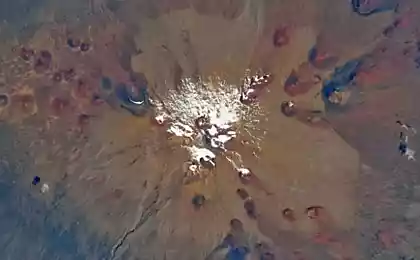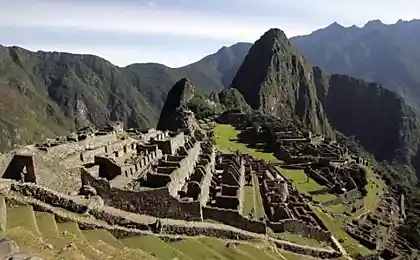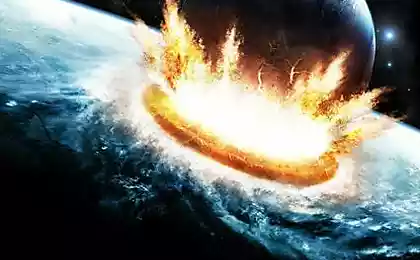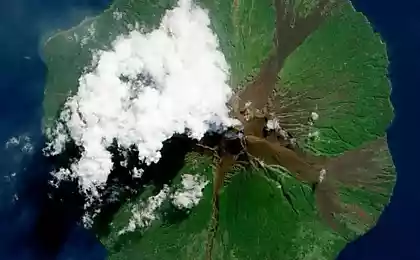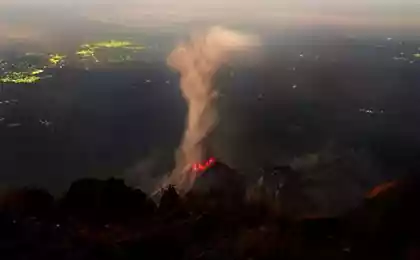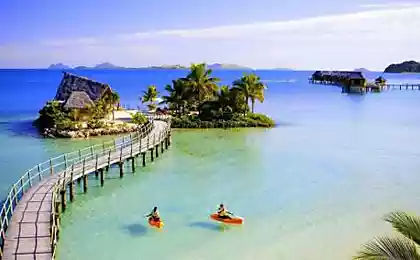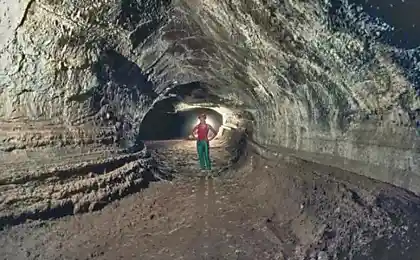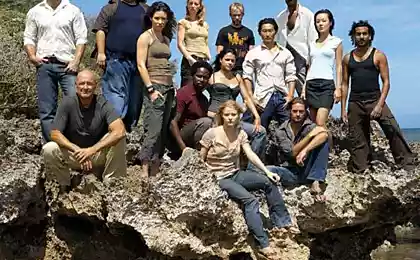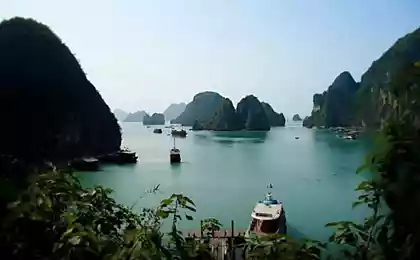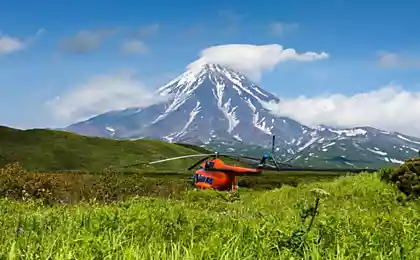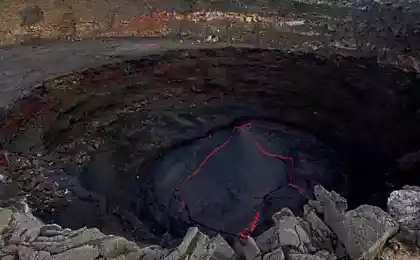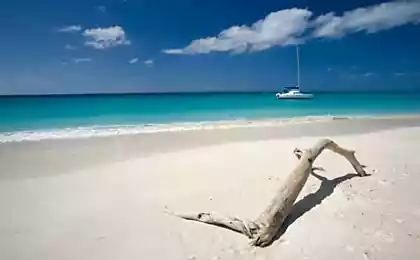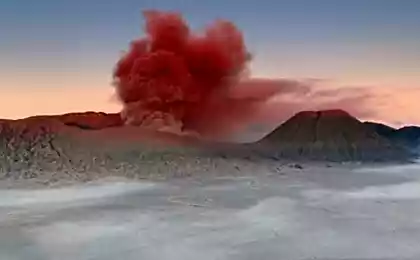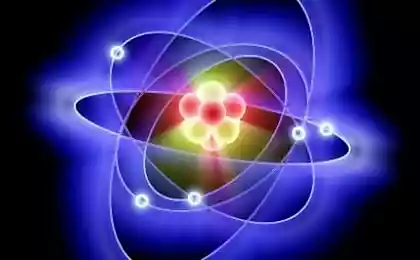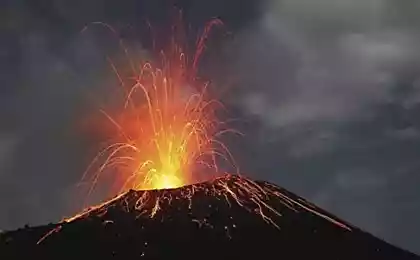523
Jeju Island
Jeju island (or Jeju island) is the largest island in South Korea, it is located on the South of the country. Because of its unique nature of Jeju is under UNESCO protection, and he recently joined the list of seven new natural wonders of the world.
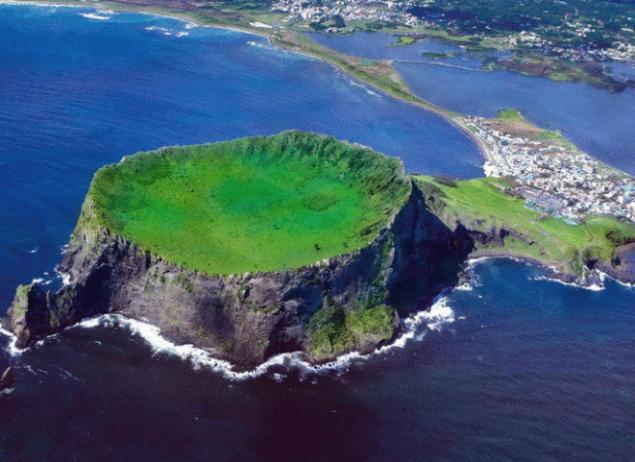
Pine trees, thickets of wild vines and ivy, fertile pastures, gardens with Mandarin trees, plantations of palm trees and green tea, the craters of volcanoes, the lava fields and a whole system of caves, as well as excellent sandy beaches and colourful underwater world that can offer this wonderful region. The island is of volcanic origin, in the center of it is an extinct volcano Hallasan, which is the highest point in the country (1950 m). In addition to the main volcano on the island is 368 small volcanoes satellites. The last case of a volcanic eruption on Jeju island were more than a thousand years ago, so all of the volcanoes on this island can be considered dormant.
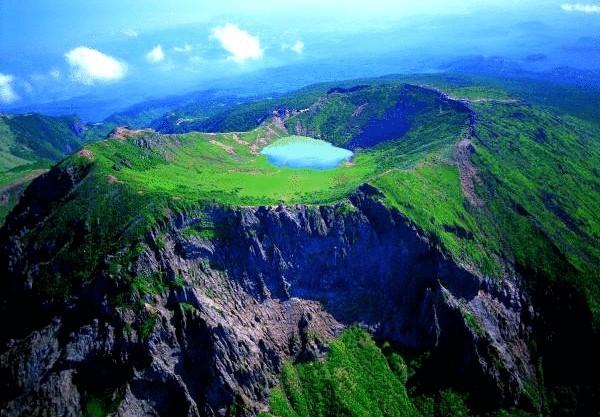
Craters scattered around the island, they are all different from each other, so visiting them is of particular interest to tourists. In the Caldera of the main volcano is the country's only natural lake. However, the famous Jeju island is no longer by extinct volcanoes, and the so-called lava tubes. It is a system of lava caves, formed by volcanic eruption 100 – 300 thousand years ago. There are five caves, which are decorated with intricate stone formations of stalactites and stalagmites.
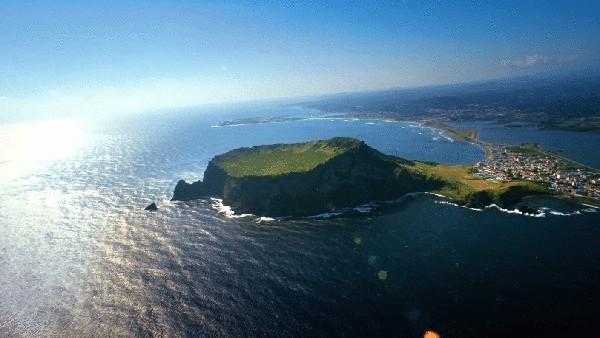
Source: /users/117

Pine trees, thickets of wild vines and ivy, fertile pastures, gardens with Mandarin trees, plantations of palm trees and green tea, the craters of volcanoes, the lava fields and a whole system of caves, as well as excellent sandy beaches and colourful underwater world that can offer this wonderful region. The island is of volcanic origin, in the center of it is an extinct volcano Hallasan, which is the highest point in the country (1950 m). In addition to the main volcano on the island is 368 small volcanoes satellites. The last case of a volcanic eruption on Jeju island were more than a thousand years ago, so all of the volcanoes on this island can be considered dormant.

Craters scattered around the island, they are all different from each other, so visiting them is of particular interest to tourists. In the Caldera of the main volcano is the country's only natural lake. However, the famous Jeju island is no longer by extinct volcanoes, and the so-called lava tubes. It is a system of lava caves, formed by volcanic eruption 100 – 300 thousand years ago. There are five caves, which are decorated with intricate stone formations of stalactites and stalagmites.

Source: /users/117
